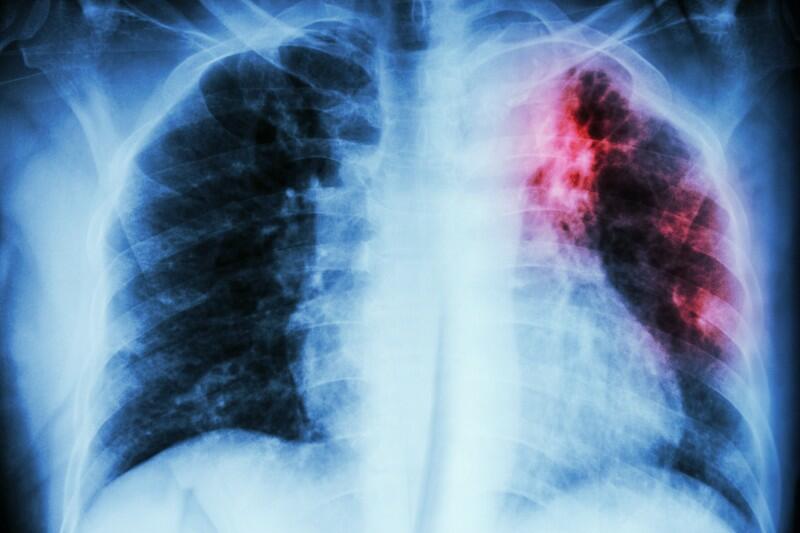
Door-to-door tuberculosis (TB) screening and contact tracing can improve diagnosis rates, but must be paired with effective follow-up care to be successful, a new Cochrane Review has found.
Active case finding (ACF) seeks to improve diagnosis rates in people living in communities who may not otherwise present to health facilities, helping them access treatment and reduce onward transmission.
Despite being a key strategy of most TB strategies globally, there is often little consideration of how these programmes are experienced by communities. This is essential in designing appropriate and effective services.
Published ahead of World TB Day (24 March), a new review published by the Cochrane Infectious Diseases Group (CIDG), based at Liverpool School of Tropical Medicine, looked at studies of community experiences towards ACF programmes for TB in any endemic low- or middle-income country.
The review authors found that ACF improves access to diagnosis for many, but does little for those in financial need to continue care. People may also experience stigma in relation to screening.
It was also shown that ACF can create expectations for follow-up care that health systems may not be able to meet, as well as health workers finding it difficult to implement.
This Cochrane Review will help to better understand policy in action and the perceived benefit relative to the harm of ACF.
Lead author and LSTM researcher Melissa Taylor said: “ACF brings diagnosis to many of those who may otherwise not have received it. However, our review demonstrates it is essential that ACF is linked to well-resourced follow up services and wider health system strengthening.”
Access the full-text review here and read the full CIDG news story here.
Since 1994, the CIDG has been preparing systematic reviews on the benefits and harms of healthcare interventions for infectious diseases, particularly malaria, tuberculosis, diarrhoea, HIV/AIDS and tropical diseases. To read more, please visit the Cochrane Infectious Diseases Group website.
The CIDG editorial base is funded by UK aid from the UK government for the benefit of low- and middle-income countries (project number 300342-104). The views expressed do not necessarily reflect the UK government’s official policies.